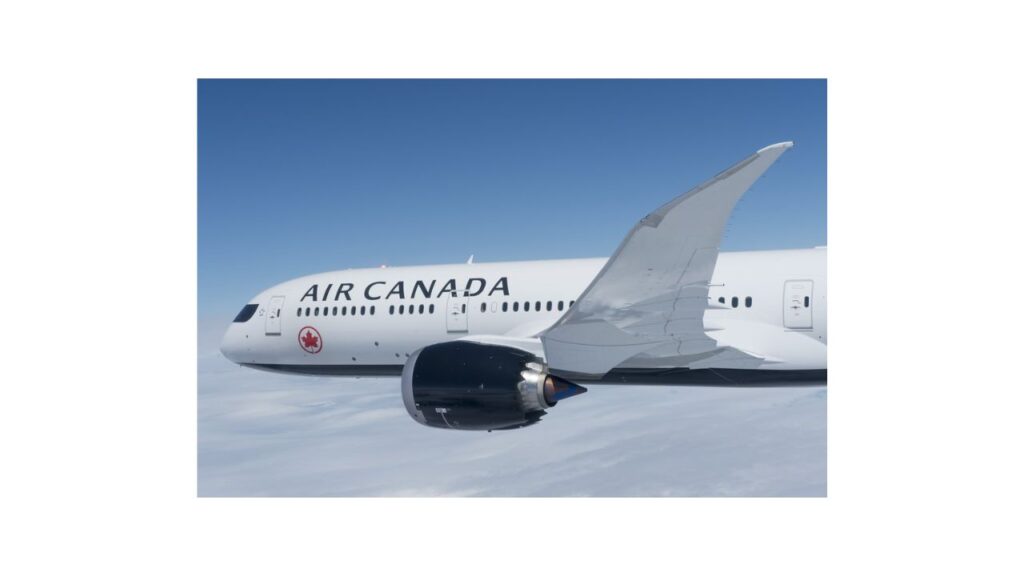As contract negotiations with its pilots union show no signs of progress, Air CanadaAC-T -1.18%decrease says it is getting ready to shut down operations ahead of a strike or lockout that is “increasingly likely.”
The Air Line Pilots Association (ALPA), which represents 5,200 pilots at Air Canada and Rouge, and the Montreal-based carrier have been engaged in negotiations for over a year. On Wednesday, September 18, the two parties are legally in a strike or lockout, provided they give 72 hours’ notice.
Air Canada stated on Monday that the two sides are “far apart” at the negotiating table and that such a notice will start its three-day plan to gradually suspend all flights by September 18.
According to the airline, aircraft groundings for certain foreign travel and sun destinations will start as early as September 13 in order to prevent stranding passengers, crew, and aircraft.
Over 110,000 passengers per day on 670 domestic and international flights would be impacted by a shutdown.
According to the union, it wants better retirement benefits, raises in wages that will put its members in line with their counterparts in North America, and enhancements to quality of life.
The head of the Air Canada pilots’ union, Charlene Hudy, claimed that despite the airline’s record profits, pilots are still expected to accept wages that are below market. In a statement released on Monday, Ms. Hudy said, “Air Canada should stop threatening to disrupt air travel and come to the bargaining table with serious proposals to keep the flagship Canadian carrier competitive in the global aviation market.”
Talks between the parties are taking place in Toronto this week.
Air Canada reported that, in 2023, captain compensation ranged from $215,000 to $352,000, contingent upon factors such as seniority, type of aircraft, and other factors.
Annual raises of roughly two percent were granted to Air Canada pilots under a ten-year contract that ended last year. Amidst a pilot shortage last year, their counterparts at other airlines reaped significant pay increases. Pilots at Delta Air Lines will see a 34% pay increase over the same period, while crews at WestJet Airlines Ltd. last year reached an agreement for raises of 24% over four years.
Depending on the booking and travel dates, Air Canada is offering customers free flight changes. Additionally, it is reserving a “very limited” number of seats on other airlines for passengers whose flights are canceled. According to federal regulations, customers with canceled flights are entitled to refunds or credits, but not compensation for accommodations, meals, or inconvenience since labor disruptions are beyond Air Canada’s control, the airline claims.
Any disruptions will have an impact on passengers on other airlines as well as other nations. As a participant in the Star Alliance airline alliance, Air Canada offers tickets on other members’ aircraft. For example, travelers from Munich to Denver may take a flight from Air Canada or Lufthansa to Toronto, where they will change to a United Airlines aircraft for the last leg of their journey. This implies that a strike, lockout, or cancellation at Air Canada will start at any of its domestic hubs, including Toronto or Vancouver, and spread throughout the entire network.
Chicago-based Customers of United Airlines have been advised that there may be disruptions to their travel to and from nine major Canadian airports between September 15 and September 23. The cost of changing or canceling a flight is being waived by the airline. Lufthansa and TAP Air Portugal, two Star Alliance members, did not reply to emails on Monday.
National Bank of Canada stock analyst Cameron Doerksen stated that while Air Canada has the reserves to weather a shutdown, the financial impact would be substantial. In the early stages of the pandemic, he said, the airline lost about $9 million in profit before taxes every day.
The airline turned a $2.3 billion profit in 2023 and ended up with $8 billion in cash by June 2024. Mr. Doerksen stated that although Air Canada can afford to pay its pilots more, it must maintain labor costs competitive with WestJet and other Canadian competitors. In a note to clients on Monday, Mr. Doerksen stated, “However, the union, represented by ALPA, is insisting on wage increases that would make Air Canada pilots much closer to U.S. mainline peer group airline wage scales,” adding that doing so would put Air Canada at a competitive disadvantage.
